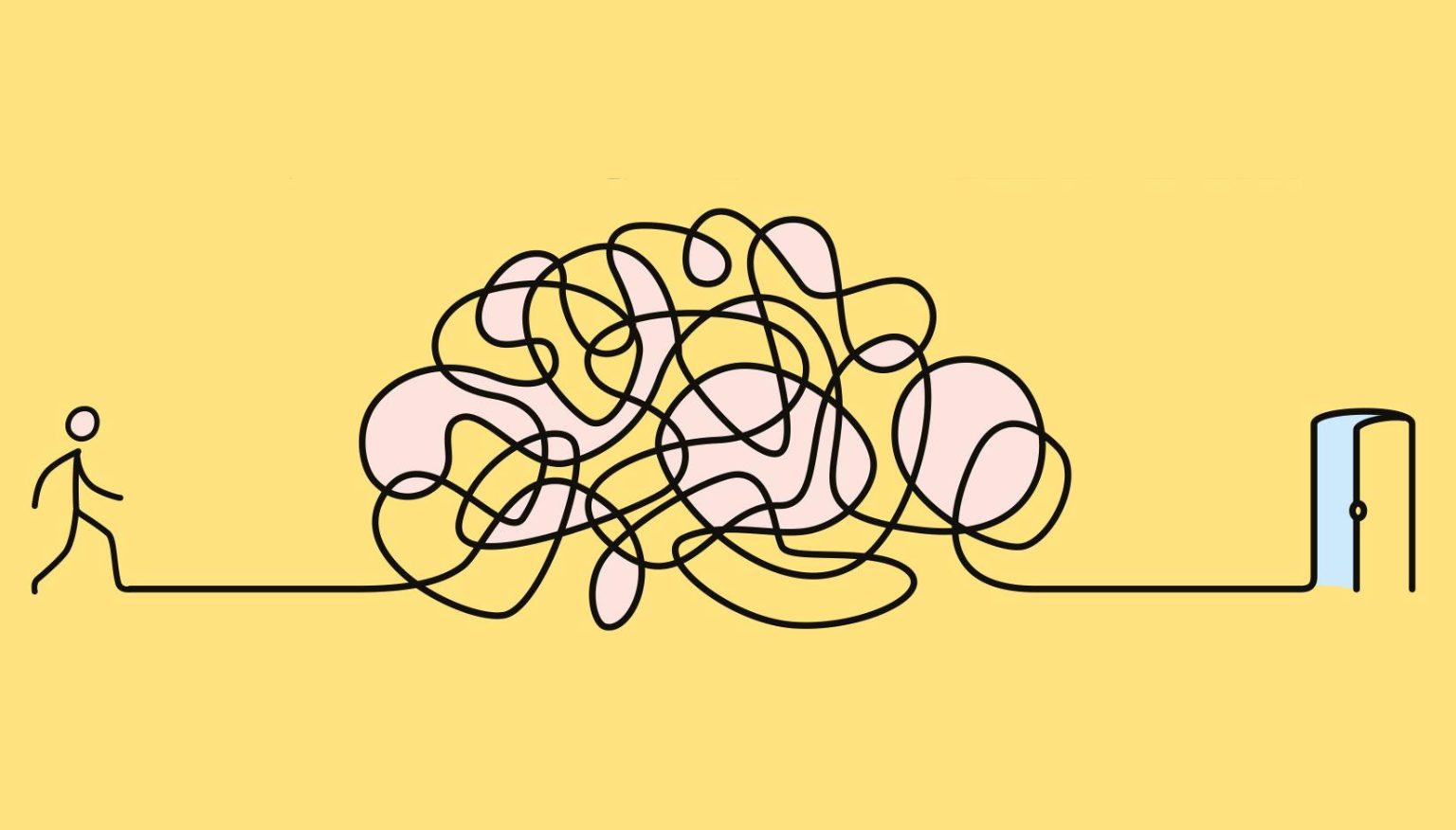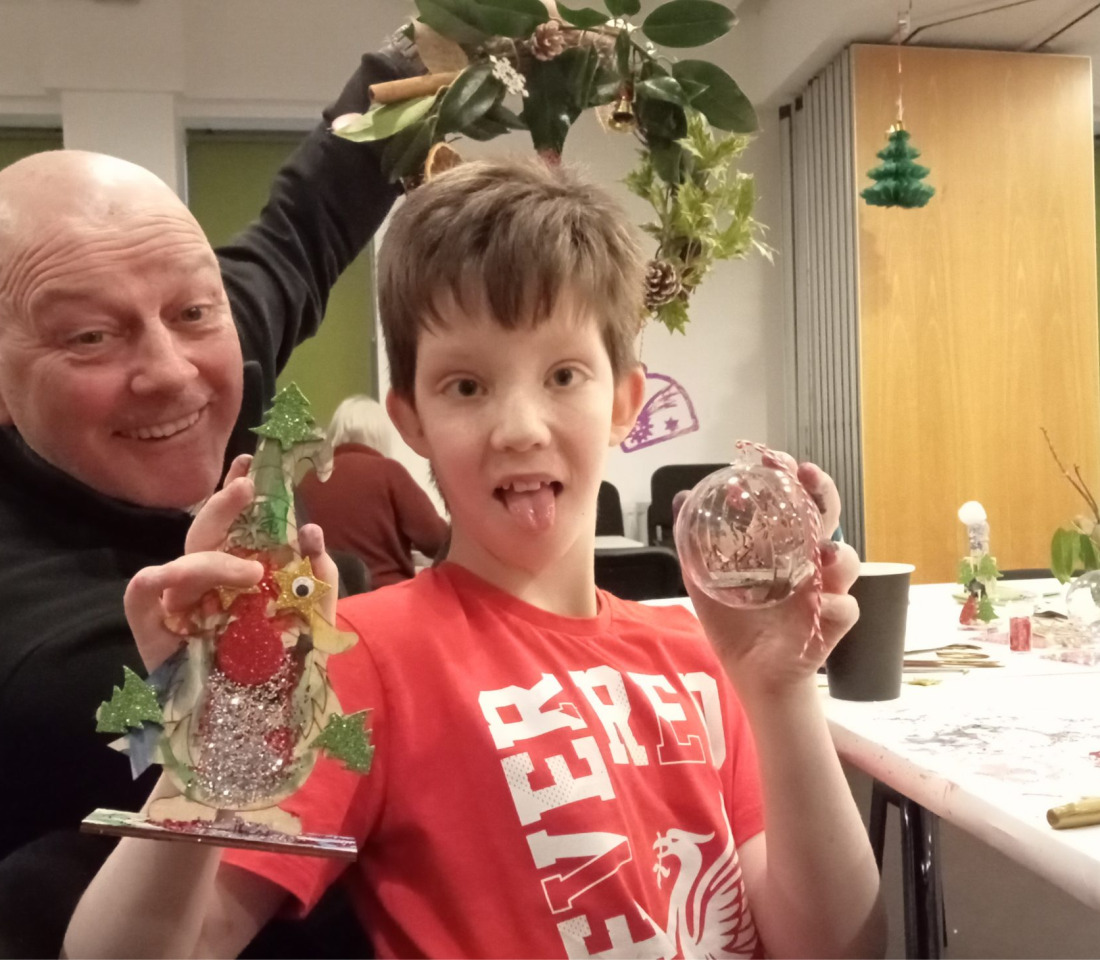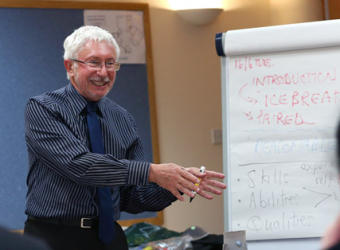
What I’ve learned from living with superficial siderosis
How to score in life, when your brain doesn’t want to play ball
Our volunteer Pauline is one of the 11 million peole affected by a neurological condition in the UK. She shares her experiences of living with the condition superficial siderosis below.
Most of us are taught from an early age that our brain is something special. The hub of our bodies, the driving force of each breath, decision and movement we make.
For most, even myself in the past, the brain is something we don’t have to consider and we take for granted that it will provide the means to excel at each aspect of our daily lives.
But what if your brain sends the wrong signals? Or worse, doesn’t send them at all? One in six people in the UK live with a neurological condition, (neural.org.uk). This equates to roughly 11 million people who are unable to take daily activities for granted, 11 million people who have to find new ways of living their lives.
I am one of those people and I know only too well the affects a neurological condition can have. I have felt isolated, hopeless and lonely. I have felt anger, frustration and a sense of injustice. But over the years I have made peace with my conditions and I would like to share my experiences with you.
Cultivating a positive mindset

It is far too easy to let negative thoughts take over when things aren’t working out.
I started losing my hearing rapidly in my early twenties, I left my postgraduate course due to discrimination and I lost my job due to lack of workplace adjustments.
As my hearing declined so did my balance and coordination, that coupled with ataxia made getting about a challenge. I was embarrassed and felt I couldn’t fit in, I withdrew myself from my friends and family. I was verging on depression, I felt cheated, alone and angry about the things I could no longer do.
As time went on, and after doing a lot of reading, I came to realise that I was grieving. Grieving the loss of things that were so very important to me, those things that I would never have again.
This, for me, was the first part of changing my negative thoughts. I allowed myself to be sad and angry, I allowed myself to exclude myself from others – this was the start of my healing process.
As I spent more time with my own thoughts, I reminded myself of things that I could still do. I pushed myself to explore those things. I’ve taken courses and I’ve pursued hobbies, proving to myself that despite the challenges, I am still useful and I have talent, just like anyone else.
Knowledge is power
I began researching my health conditions, arming myself with the information that medical jargon would not allow me to understand. With increased understanding, came the power to work with my conditions.
For example, I now know that ataxia causes an extreme exhaustion that worsens throughout the day. I now set my alarm early to get all the important things done, so when the fatigue sets in, I can still feel accomplished.

I have also learnt that exercise can improve my symptoms, so I try to ensure I do some form of exercise daily. It doesn’t matter how small, as long as I feel I’m doing something positive in managing my conditions, I am a much happier person.
You are not alone
As I researched further, I became aware of the abundance of support networks that are out there. I joined groups on social media and read blogs from those in similar circumstances.
For me, being able to offer support to others has been a great healer. The saying, ‘there is always someone worse off than yourself’, now rings in my head whenever I feel frustration or I’m having a bad day, it really does help.
Give yourself grace
The final point that I find helps immensely, is to not be too hard on yourself.
I’m 38 with 2 young children. I used to beat myself up that I can’t run around the park like ‘other mothers’, or have conversations whilst walking to school. But that’s ok, I’m not ‘other mothers’, I’m me and I walk a unique path in life. If you find something hard or uncomfortable – don’t do it.
Find alternatives that make you smile. For me, I sit on the grass and play ball with my girls, or I time them around an obstacle course. We adapt and we still have fun.
Everyone is different and will find their own ways of dealing with their condition, but I hope someone will read this and be inspired. If my experiences can help just one person, then my journey has been a positive one.
We’re all in this together.
Categories: Advice, Guest blogs, Neurodiversity
Published: 18 January 2024














